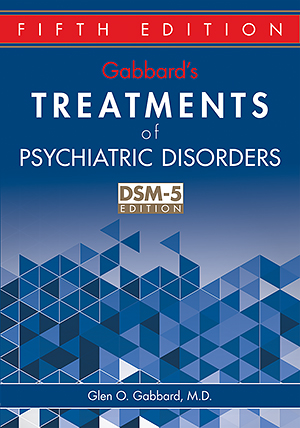Chapter 63.Delirium
Sections
Excerpt
Delirium is common in general hospital settings and negatively affects the care and outcomes of medically ill patients. Interdisciplinary collaboration on delirium prevention, recognition, and treatment is a core component of effective management (Maldonado 2011). The medical management of delirium begins with the implementation of prevention measures. Administration of assessment scales or diagnostic interviews facilitates timely recognition of delirium and provides opportunities to prevent and treat this condition in a manner that minimizes its adverse long-term consequences (Maldonado 2008) (Box 63-).
Access content
To read the fulltext, please use one of the options below to sign in or purchase access.- Personal login
- Institutional Login
- Sign in via OpenAthens
- Register for access
-
Please login/register if you wish to pair your device and check access availability.
Not a subscriber?
PsychiatryOnline subscription options offer access to the DSM-5 library, books, journals, CME, and patient resources. This all-in-one virtual library provides psychiatrists and mental health professionals with key resources for diagnosis, treatment, research, and professional development.
Need more help? PsychiatryOnline Customer Service may be reached by emailing [email protected] or by calling 800-368-5777 (in the U.S.) or 703-907-7322 (outside the U.S.).



